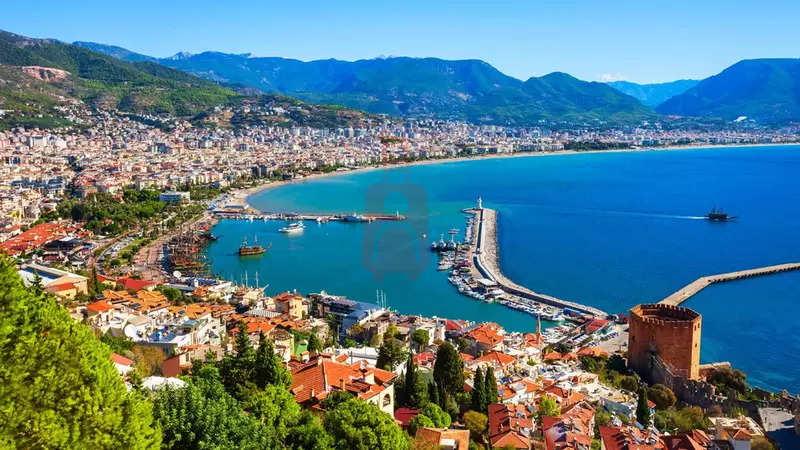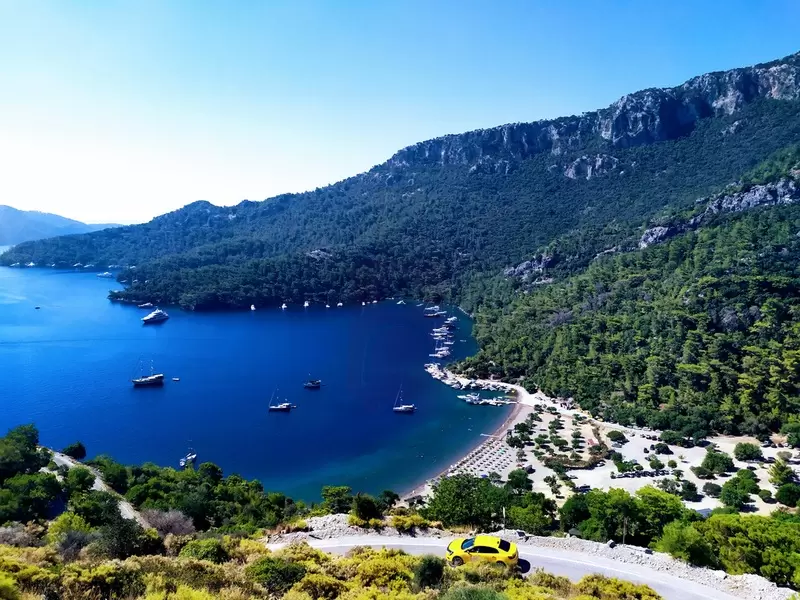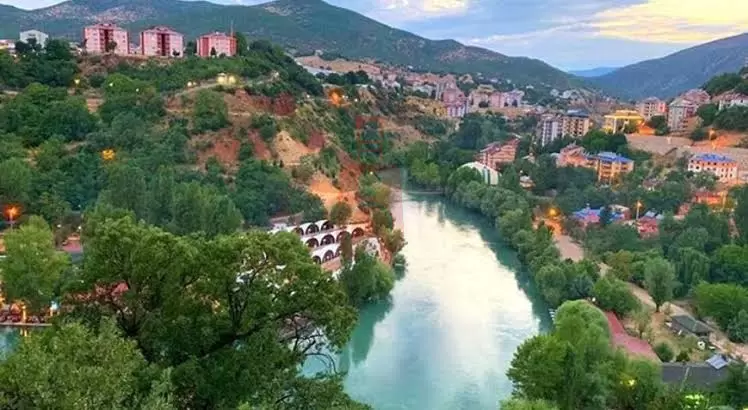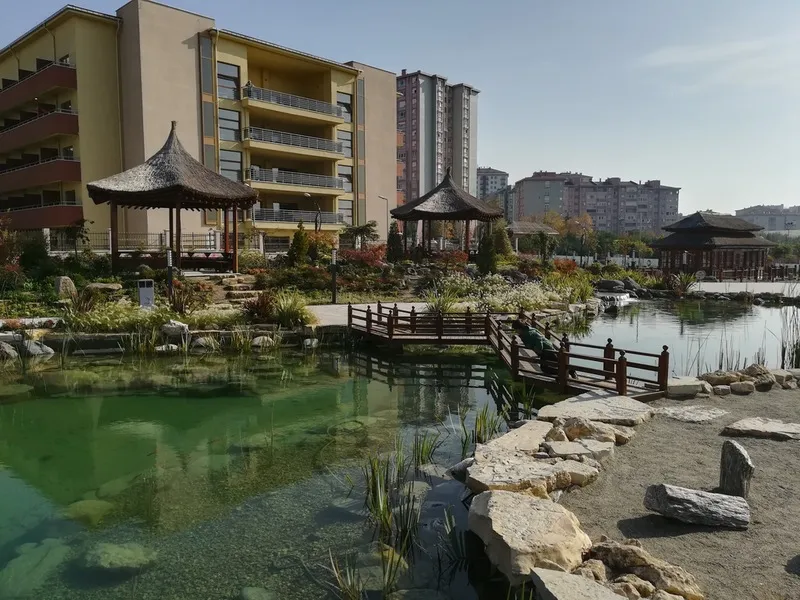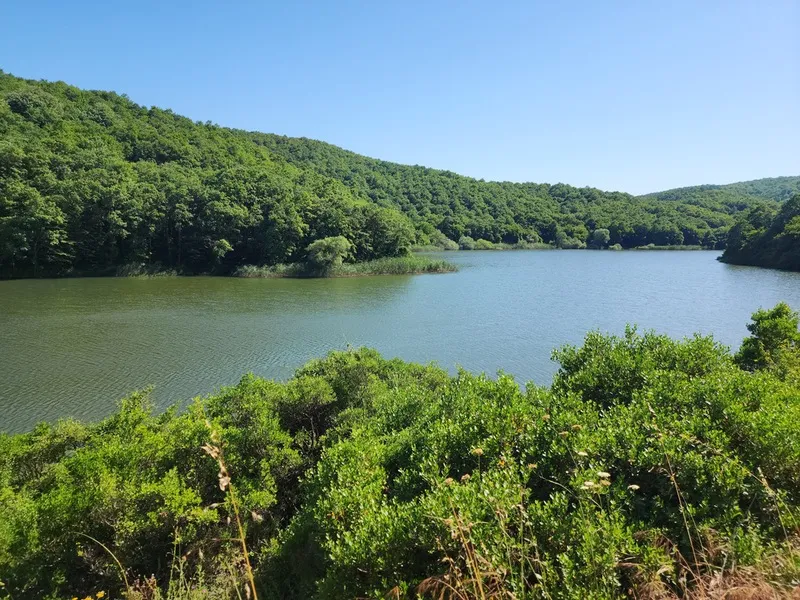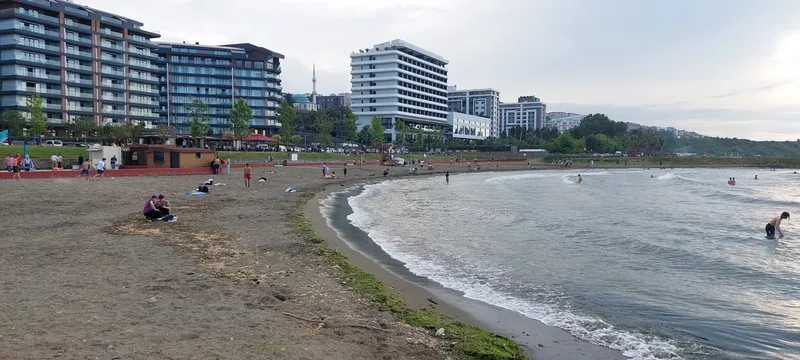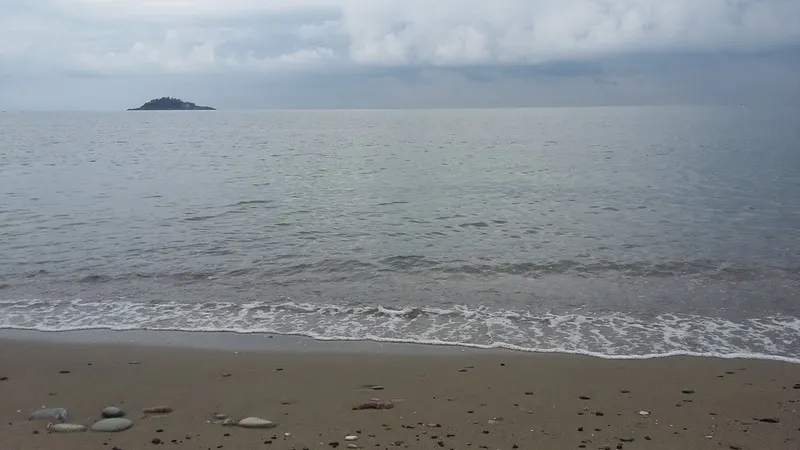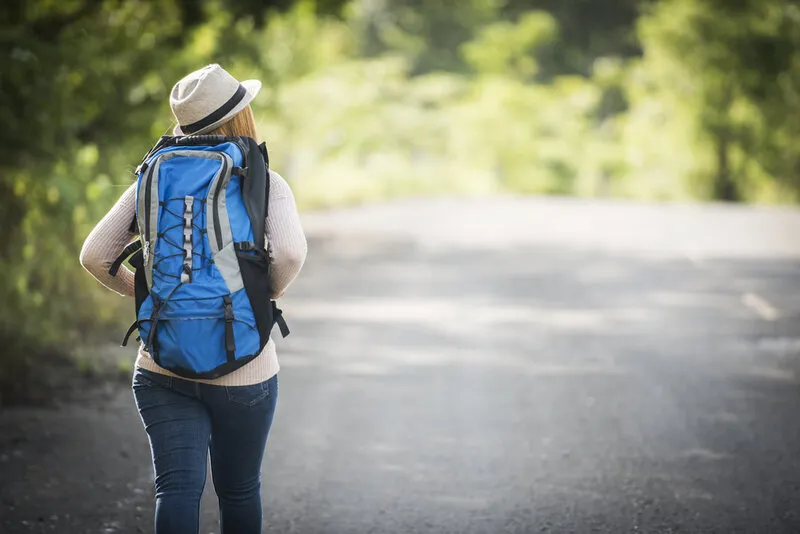
Backpacking in Türkiye: The Ultimate Guide to Budget, Freedom, and Discovery
Türkiye is an ideal destination for [Backpacking]—a country where ancient history, stunning natural beauty, and warm hospitality converge with highly affordable local transport and budget-friendly accommodation. The key to successful backpacking here is leveraging the excellent infrastructure, choosing multi-day trekking routes, and immersing yourself in the hostel and guesthouse culture to meet locals and fellow travelers. Türkiye is large, but its regional hubs and long-distance transport networks make long, complex journeys manageable and cheap.
As your professional guide, I will detail the essential routes, crucial budget tips, and safety considerations for maximizing your freedom and minimizing your costs on the Turkish road.
I. The Core Backpacking Circuits and Routes
Turkish backpacking is often categorized into three major circuits, easily connected by overnight buses or domestic flights:
1. The Mediterranean & Aegean Coast: Lycian Way and Bays
This is the most famous route, focusing on coastal scenery, ancient ruins, and trekking.
- The Lycian Way: The ultimate Turkish trekking route. This ancient path runs for over 500 km from [Fethiye] ([Ovacık]) to [Antalya] ([Geyikbayırı]). Backpackers can hike manageable sections over 3–7 days, carrying their own [tents] and gear, relying on guesthouses (pansiyon) in small villages like [Faralya] or [Kabak Koyu].
- Kaş and Kalkan: [Kaş] offers a perfect backpacker base with vibrant social life, excellent diving opportunities, and easy access to local dolmuş (minibus) transport for trips to sites like [Kaputaş Beach] or the ancient [Xanthos] ruins.
- Coastal Camping: Many scenic spots along the coast, such as [Kabak Koyu] and [Olympos] ([Çıralı]), offer inexpensive camping or bungalow accommodation, fostering a communal environment where meeting other travelers is easy.
2. Central Anatolia: History and Surreal Landscapes
A stop inland to [Kapadokya] is a must, known for its affordable cave hostels and unique geological formations.
- Accommodation & Socializing: Towns like [Göreme] are filled with budget-friendly hostels and cave guesthouses. This central location makes it easy to book cheap daily tours (Red Tour, Green Tour) or simply [hitchhike] between valleys.
- Hiking: The region is ideal for independent hiking through the [Rose] and [Love Valleys]. The trails are well-marked, and the reward is seeing ancient [rock-cut churches] and [fairy chimneys].
- The Balloon Spectacle: While a balloon ride may stretch the budget, witnessing the sunrise balloon ascent from a high viewpoint is a free, unforgettable experience.
3. The Black Sea Trail: Nature and Isolation
This route is for nature lovers and those seeking unique culture, utilizing reliable local transport.
- The Yaylas (Plateaus): Starting from a city like [Trabzon], backpackers can use local buses or shared taxis to reach the high-altitude [Karadeniz Yaylaları] (Black Sea Plateaus) like [Ayder] or [Uzungöl].
- Affordable Stays: Accommodation ranges from rustic, affordable guesthouses (pansiyon) to cheap camping near villages, offering immersion in the local Laz and Hemşin cultures.
- Trekking: This area provides phenomenal, rugged trekking in the [Kaçkar Mountains], often requiring little more than a good map, a compass, and your own [tent and sleeping bag].
II. Budget and Logistics: Traveling Economically
Türkiye remains relatively affordable for backpackers, but strategic transport and accommodation choices are key to keeping costs low.
Transportation Secrets
- Intercity Buses: The [Bus Network] is the backbone of Turkish backpacking. It is extensive, highly efficient, safe, and significantly cheaper than flying. Use overnight sleeper buses for long hauls (e.g., Istanbul to Fethiye) to save on a night of accommodation.
- Trains: The [High-Speed Train (YHT)] network connects major cities like [Istanbul], [Ankara], and [Konya]. For longer, scenic routes, trains like the [Vangölü Express] offer a unique, multi-day adventure with incredible eastern landscapes.
- Dolmuş (Minibus): Within and between towns, the dolmuş is the cheap, quick, and primary form of local transport.
- Hitchhiking: Hitchhiking is generally safe and often effective on less-traveled routes, but caution is always advised.
Accommodation on a Budget
- Hostels: Major cities ([Istanbul], [İzmir]) have a good selection of hostels, particularly in historical centers like [Karaköy] or [Alsancak], fostering a strong social environment.
- Pansiyon and Guesthouses: In coastal and rural areas, staying at a [Pansiyon] (family-run guesthouse) is often cheaper and offers a warmer, more authentic cultural experience than large hotels.
- Camping: [Camping] is widely permitted (though often prohibited in National Parks). Coastal spots like [Çubucak Orman Kampı] or specific areas in [Kabak] offer low-cost, secure places to pitch a tent with basic amenities.
III. Essential Gear and Safety for the Backpacker
Preparation and cultural awareness are your best tools for a smooth trip.
- The Lycian Pack: If tackling the Lycian Way, a [lightweight backpack] (max 15kg), broken-in, waterproof hiking boots, and a guide book (like Kate Clow's original guide) are essential. Carry water, as sources can be scarce on some stages.
- Essentials: Always pack universal adapters, a fast-drying towel, a lightweight sleeping bag (even if using hostels), and durable, comfortable layers.
- Security: While Türkiye is safe, standard backpacker security rules apply: carry valuables (passport, cash, phone) in a hidden [money belt] or close to your body. Use lockers provided in hostels.
- Cultural Awareness: Turkish people are generally hospitable, but modesty is respected, particularly in smaller, eastern towns. Learning basic phrases (Merhaba, Teşekkürler) greatly enhances interaction.
Backpacking in Türkiye offers an unmatched combination of low cost, high cultural value, and easy transport, making it an ideal journey for those ready to embrace the unexpected and discover the deep, generous soul of Anatolia.
